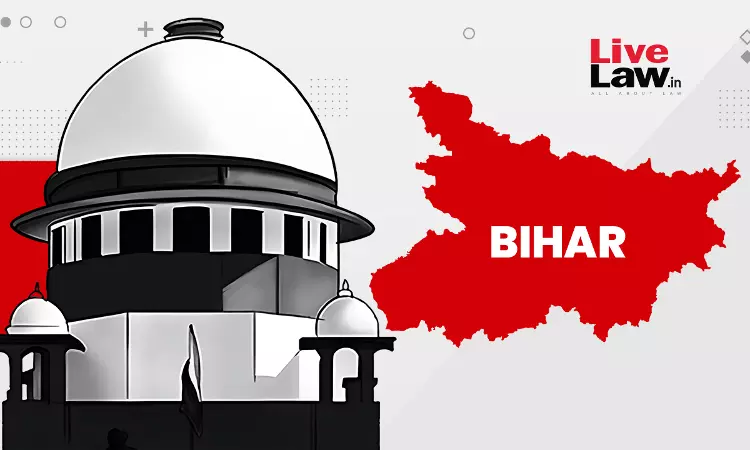Supreme Court Schedules Final Hearing Of Pleas Challenging Bihar Govt's Caste Survey In April
Awstika Das
5 Feb 2024 3:30 PM IST

Next Story
5 Feb 2024 3:30 PM IST
The Supreme Court on Monday (February 5) scheduled in April the final hearing of a clutch of public interest litigation (PIL) petitions challenging the constitutionality of the caste-based survey conducted by the State of Bihar.A division bench of Justices Sanjiv Khanna and Dipankar Dutta was hearing special leave petitions filed by non-governmental organisations Youth for Equality and Ek Soch...
